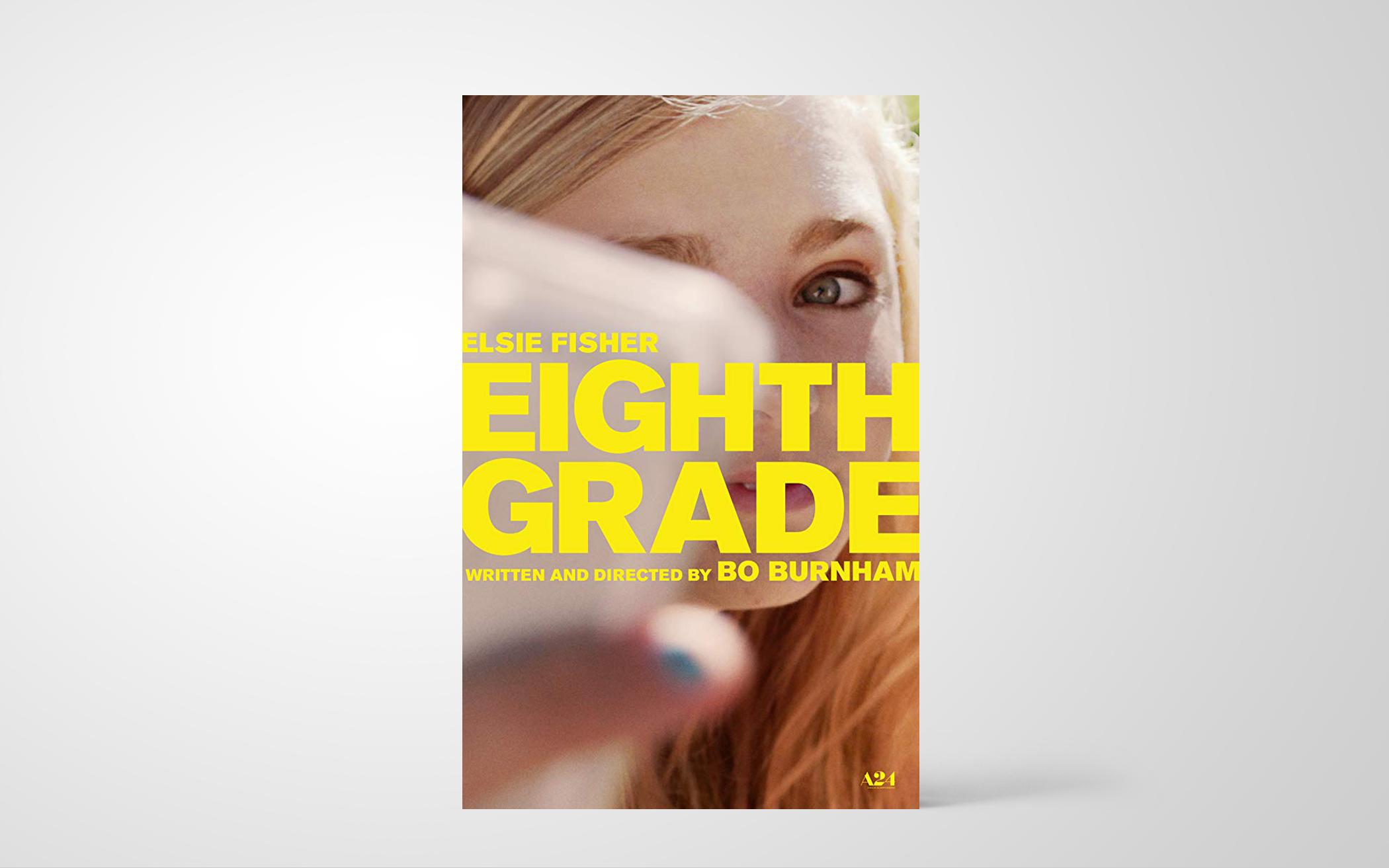Kayla Day is finishing her last week of eighth grade. Anxious and lonely, she is working out who she wants to be and is bombarded with different messages about what others want from her. She has an idea of what success might look like—in fact, her bedroom mirror is surrounded with sticky note reminders of and inspiration for all the things she wants to get right. She offers advice that she desperately hopes is true to a mostly nonexistent audience on her YouTube channel. Meanwhile, she waits endlessly for someone to “like” her—both in social media form and in real life.
Her single father tries—but rarely succeeds—breaking into her emotional world, which is subject to forces he cannot know, let alone control. He sees how loveable and smart she is, but he can’t seem to find a way to help her see it too. At school, other students do what they can to fight his efforts, ignoring Kayla and making her feel small.
Some of her challenges are familiar to anyone who has been through middle school, things like awkwardness, peer pressure, sexual pressure, and being stuck on the lower rungs of the social ladder. Other, more modern problems include social media curation, sexting, and isolation. A couple of scenes that explore Kayla’s nascent sexual curiosity as a result of things that have been said to her at school, are very uncomfortable to watch, and several people left the screening I attended.
Kayla also experiences sexual pressure from an older boy. Her vulnerability and his manipulations are so tragically real, so true to what many women have experience in their lives, I could hardly sit in my seat. And yet I know people, young and old, who have suffered so much worse.
The irony of Eighth Grade is that it is an R-rated movie about a 14-year-old girl. We don’t think a 14-year-old should hear the language or see the sexual content of this movie. However, our 14-year-olds live in an R-rated world where many, if not most, hear that kind of language regularly and have access to almost any kind of sexual content.
I would be very uncomfortable watching this with my 15-year-old, and when I explained the outlines of the story, she told me she wouldn’t want to watch it because it is too close to real life and would be too hard to watch right now. I did see it with my two college-aged children, and they confirmed that the film is very close to reality. It also fits with what I see as a youth group leader and from what I remember of my own youth. In fact, that’s the hardest part of watching the film—it is so real.
Perhaps the least realistic moment for me is when the father finds just the right words to reassure his daughter when she worries that she is a disappointment to him. As a mother of three, having been similar situations, that feels like wish fulfillment. I never seem to have the right words at the right moment. But even so, this is just a dad telling his daughter what he hopes she will hear.
Elsie Fisher is excellent as Kayla, alternating between the extreme optimism and complete devastation that often characterizes early adolescence. She also brings a quiet, fragile strength to her character. Kayla’s victories are not towering triumphs but genuine gains delivered in halting words and tentative tones. Each step forward, however clumsy, moves her closer to confidence, self-possession, and a hope that the future will be better than middle school.
As 27-year-old YouTube comedian Bo Burnham’s first foray into writing and directing feature films, this movie is remarkable. It is fresh and raw, funny and painful, and the tight connection to current pop culture gives it immediacy. It is an urgent call to care for children—in our families, our schools and churches, and anywhere else. A call to show them love wherever we can and to help them see themselves and their worth differently than their peers and our culture sometimes do. As people who believe that our value lies in being a beloved child of God, it is vital that we understand the messages our children are getting. Then we can better offer both our imperfect love and the hope that comes from knowing Christ loves us perfectly, just as we are. (A24)
About the Author
Kristy Quist is Tuned In editor for The Banner and a member of Neland Ave. CRC in Grand Rapids, Mich.

